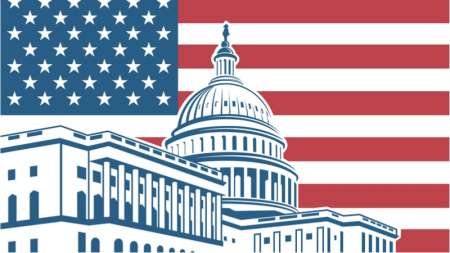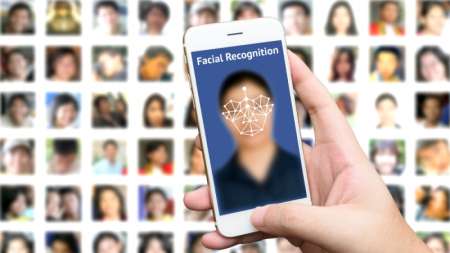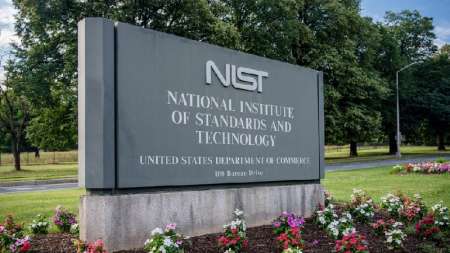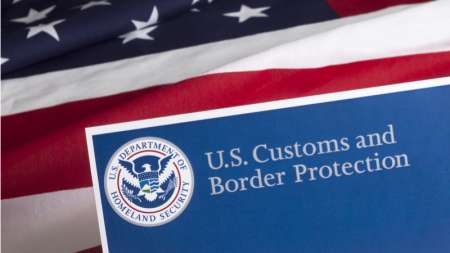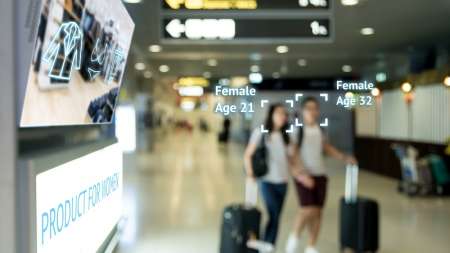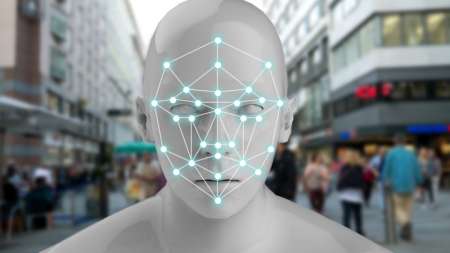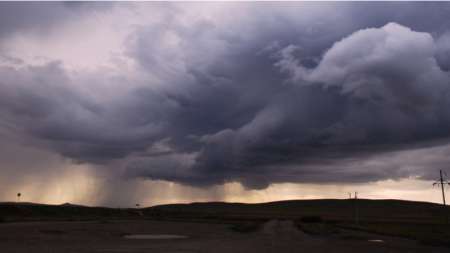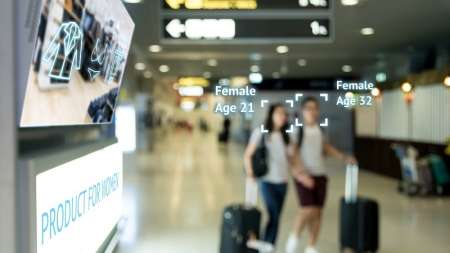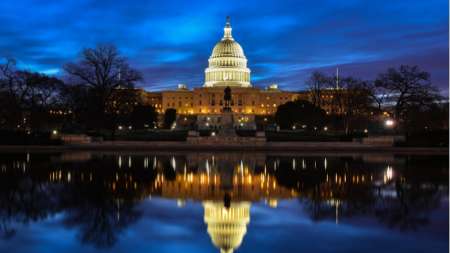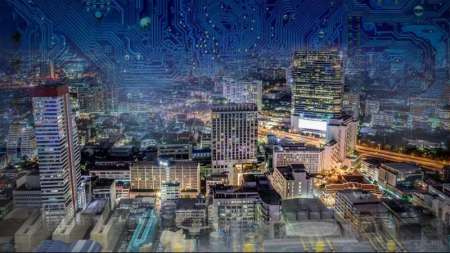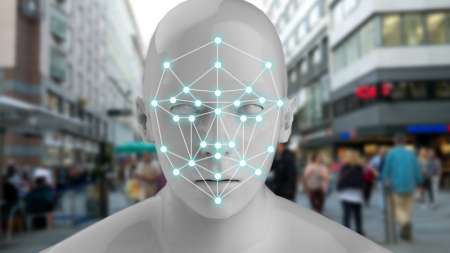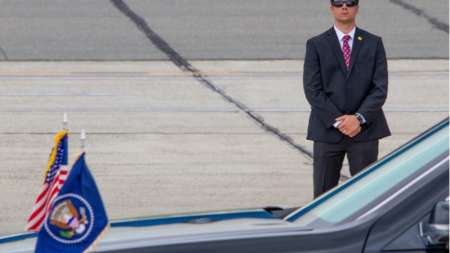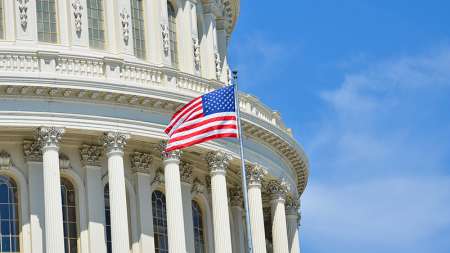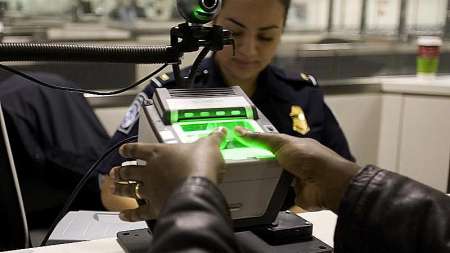In a letter to House leadership, a group of House Democrats urged leadership to block Federal spending on facial recognition technologies for law enforcement. […]
New bicameral legislation was introduced aimed at stopping government use of facial recognition and other biometric technology. […]
Chairperson of the House Committee on Science, Space, and Technology Rep. Eddie Bernice Johnson, D-Texas, introduced legislation on June 18 to fund research into policing activities including the use of emerging tech such as facial recognition. […]
Members of the House Homeland Security Committee today questioned Federal government officials about the Department of Homeland Security’s (DHS) use of facial recognition technologies, and potential racial bias in the technology. […]
A group of privacy and civil liberties groups wrote a letter to the Privacy and Civil Liberties Board (PCLOB) urging the board to demand that the President and Secretary of Homeland Security suspend the use of facial recognition systems by Federal agencies. […]
A new study by the National Institute of Standards and Technology (NIST) revealed that data, algorithms, and application processes are the biggest determinants of facial recognition software’s ability to identify sex, age, and racial background. […]
The Department of Homeland Security’s (DHS) Customs and Border Protection (CBP) operation has pulled its support for a mandatory biometric entry-exit system that would require facial recognition scans for all travelers – including U.S. citizens – entering or departing the United States, according to a Dec. 5 press release from Sen. Ed Markey, D-Mass. […]
Sens. Chris Coons, D-Del., and Mike Lee, R-Utah, introduced a bill that would require Federal law enforcement to obtain a court-ordered warrant before using facial recognition to surveil the public on Nov. 14. […]
NetChoice, a business trade group focused on promoting free speech and free enterprise on the internet, launched a public campaign on Oct. 7 to defend law enforcement’s use of facial recognition technology, and is taking aim at anti-facial recognition effort in Massachusetts. […]
Scientists at the National Center for Atmospheric Research (NCAR) – a research and development center funded by the National Science Foundation (NSF) – found that facial recognition systems can help improve hailstorm predictability and severity by using AI techniques associated with facial recognition technology. […]
A bipartisan proposed amendment to the House version of the National Defense Authorization Act (NDAA) for fiscal year 2020 would prevent the Department of Homeland Security (DHS) and the Department of Justice (DoJ) from spending funds on any expansion of facial recognition technologies. […]
The Federal Bureau of Investigation (FBI) and the Justice Department (DoJ) still have more work to do to boost the accuracy of facial recognition technology (FRT) they use and to ensure privacy of data used with that technology. […]
The House Oversight and Reform Committee held a hearing May 22 examining the impact of facial recognition technology on citizens’ civil rights and right to privacy. […]
The U.S. Government Accountability Office (GAO) released an update on April 17 on the 13 priority recommendations identified in April 2018 for the Department of Justice (DOJ) with facial recognition software still being a key area for required action by the agency. […]
Sens. Roy Blunt, R-Mont., and Brian Schatz, D-Hawaii, introduced the Commercial Facial Recognition Privacy Act yesterday in a bipartisan effort to regulate facial recognition technology to protect consumers and their data. […]
A new survey from the Center for Data Innovation found that only about one quarter of Americans surveyed favor the imposition of “strict” government limits on the use of facial recognition technologies, and that the public’s view of the technology varies depending on its intended application. […]
Brad Smith, Microsoft’s president and chief legal officer, today urged the U.S. and other governments to take legislative action to shape legal frameworks for the use of facial recognition technologies. […]
The U.S. Secret Service is planning to operate a facial recognition technology pilot program at the White House, according to a privacy impact statement released by the Department of Homeland Security on Nov. 26. […]
In a letter to Walter Copan, undersecretary of Commerce for Standards and Technology and director of the National Institute of Standards and Technology (NIST), Rep. Emanuel Cleaver, D-Mo., called on NIST to create a framework for the development and use of facial recognition technologies. […]
Government use of facial recognition technology put one in the win column last week, when U.S. Customs and Border Protection (CBP) officers nabbed a man using a fake passport to enter the country at Dulles International Airport in Virginia. […]
Rep. Emmanuel Cleaver, D-Mo., has requested that the Department of Justice’s Civil Rights Division investigate “whether the uses of facial recognition technology – as currently utilized – by law enforcement agencies are in violation of civil rights protections.” In a letter to assistant attorney general John Gore yesterday, Cleaver noted the potential benefits of facial […]
Microsoft President Brad Smith said in a July 13 blog post that the Federal government, along with lawmakers in governments worldwide, must develop appropriate regulations for the use of facial recognition technology by individuals, organizations, and government entities. […]
A new study finds that the public is warming up to the use of biometric identification technology, but remains wary of tracking applications and is looking to government to set standards in that area. […]
The FBI is building a facial recognition database that could potentially contain the face of every American, but it barely clears the accurate return rate requirements. […]
Developing a biometric entry-exit system to track foreign visitors to the U.S. and ensure they don’t overstay their welcome was a key recommendation of the final report of the 9/11 Commission after it was determined that five of the nine hijackers had overstayed their visas. Nearly 13 years and several missed deadlines later, the goal of achieving that fully integrated system remains elusive for the Department of Homeland Security, according to a new report by the Government Accountability Office. […]

